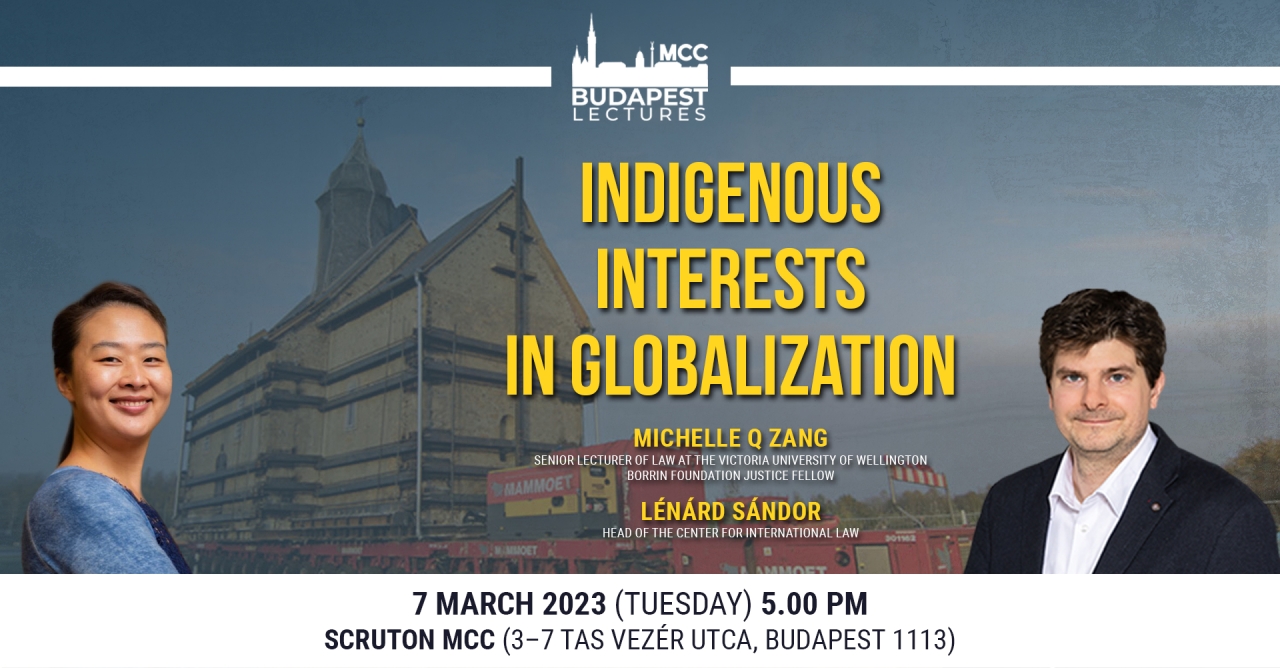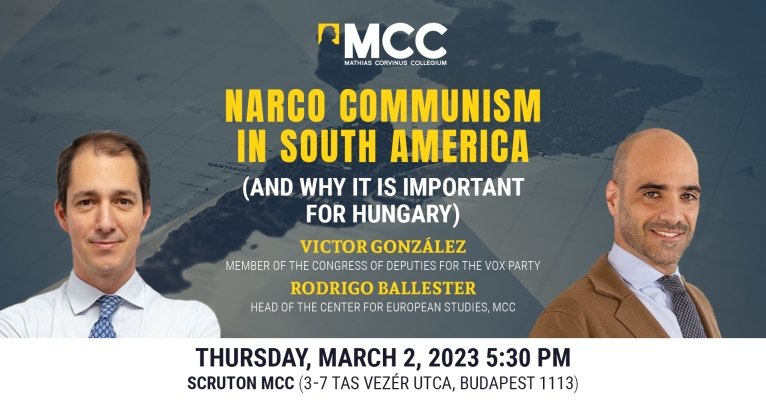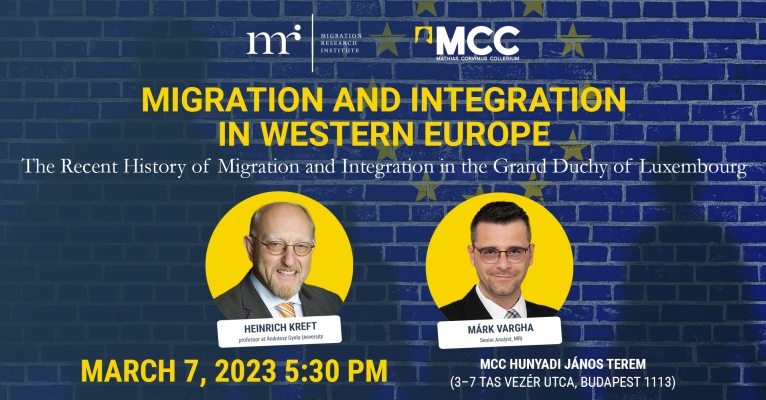One of the great promises of globalization was to create economic opportunities and bring development around the world. The assumption has suggested that business operation that goes global can lift people out of poverty and create conditions that allow them to flourish and pursue their own visions of economic and social development. In reality, however, this promise has remained too many times false. Instead of empowering indigenous people, local communities or small countries, unfettered and not adequately regulated globalization tends to erode their strengths and opportunities to enjoy, defend or transmit their traditions, cultural and civilizational heritage. Free trade, large investments or even programs of international financial institutions have often led to disappointments of indigenous communities and caused serious damages to their rights. The focus of international economic regulation has lost the human being, the local communities and the indigenous population too many times. Is there a way to somehow tame the forces of globalization and reconcile economic law with cultural rights? How can the dispute resolution mechanisms of international economic law take the interests of indigenous population into account? What actions have been taken by the states and governments under their free trade agreements in protection of their indigenous groups? What reforms should be necessary to preserve the common cultural heritage of humanity? These and similar questions are to be addressed by Michelle Q Zang, senior lecturer of law at the Victoria University of Wellington and Borrin Foundation Justice Fellow in a conversation with Lénárd Sándor, head of Center of International Law at the Mathias Corvinus Collegium.
Michelle Q Zang is a senior lecturer of law at the Victoria University of Wellington and a Borrin Foundation Justice Fellow. She specialises, publishes and teaches in international economic law and European law. Before joining VUW, she completed post-doc research respectively as Emile Noël Fellow at Jean Monnet Center, NYU Law School (2010 - 2011) and at PluriCourts-Centre for the Study of the Legitimate Roles of the Judiciary in the Global Order, University of Oslo (2014 - 2018). She also worked for the Appellate Body Secretariat of the WTO (2011) and King & Wood Mallesons, Beijing (2012 - 2013).
Lénárd Sándor is the head of Center for International Law at the Mathias Corvinus Collegium. He has previously served as a chief counsel at the Constitutional Court of Hungary and as a legal advisor at the European Parliament in Brussels. He studied at Canisus College (Buffalo, New York, USA) and was a research fellow at Aarhus University (2016) and at Osgoode Hall Law School (2017). His research interests include the international legal dilemmas of economic globalization.


